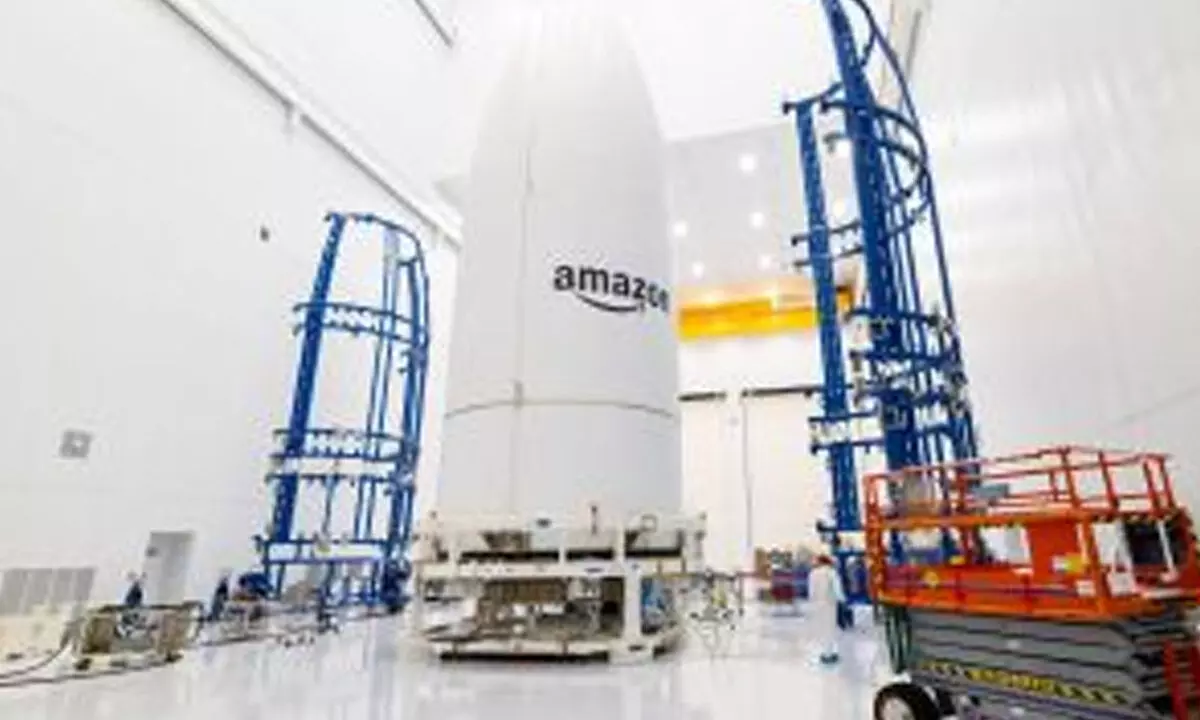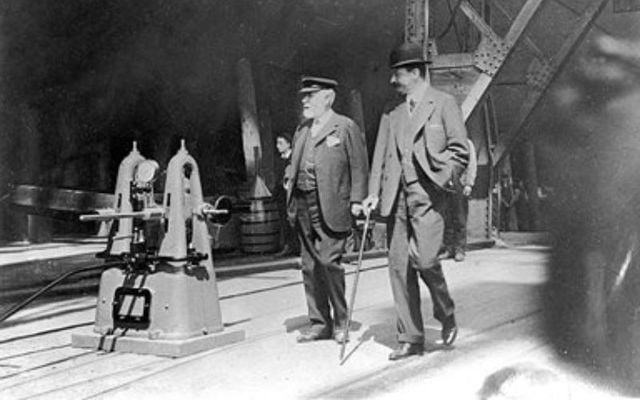Amazon is gearing up to take on SpaceX’s Starlink with its own satellite-based internet service, Project Kuiper. The first batch of 27 satellites is set to launch next week, marking the beginning of a massive rollout. Amazon has secured 80 launch missions, each deploying dozens of satellites into low Earth orbit (LEO) to build a vast internet constellation.
The company expects to provide high-speed, low-latency internet service later this year. Project Kuiper’s First Mission: KA-01 The KA-01 mission, short for Kuiper Atlas 1, will take off aboard an Atlas V rocket from the Cape Canaveral Space Force Station in Florida at 12 PM ET on April 9th, assuming favorable weather conditions. While this launch is powered by United Launch Alliance (ULA), Amazon has also partnered with Arianespace, Blue Origin, and even SpaceX for future missions.

A Global Internet Alternative to Starlink Amazon’s space-based internet will be available worldwide, allowing users to access the network from virtually any location. To connect, customers will need terminal antennas designed specifically for Kuiper. Amazon has revealed that its smallest dish, a seven-inch, one-pound model, will offer speeds up to 100 Mbps, making it a competitor to Starlink Mini.
For residential and business users, larger dishes will provide speeds up to 1 Gbps. Amazon plans to manufacture these terminals for under $400, though pricing and subsidies are yet to be confirmed. Project Kuiper vs.
Starlink Amazon’s first-generation LEO satellite system will eventually include over 3,200 satellites, orbiting at 392 miles (630km) above Earth at speeds of 17,000 mph (27,359 km/h). In contrast, Starlink’s constellation has already surpassed 7,000 satellites, with its first deployment dating back to 2019. Minimizing Space Pollution To reduce their impact on ground-based astronomy, Amazon’s Kuiper satellites will feature a unique "dielectric mirror film" to scatter reflected sunlight, making them less visible to telescopes.
While Amazon has already launched two prototype satellites, the upcoming KA-01 mission represents a significant milestone, introducing new challenges and risks as the company enters the commercial satellite internet market. “We’ve done extensive testing on the ground to prepare for this first mission, but there are some things you can only learn in flight, and this will be the first time we’ve flown our final satellite design and the first time we’ve deployed so many satellites at once,” said Rajeev Badyal, vice president of Project Kuiper.Tags: Amazon, Starlink, Kuiper, Space, Project Kuiper, Tech News, Technology.
Technology

Amazon’s Project Kuiper Set to Challenge Starlink with First Satellite Launch

Amazon’s Project Kuiper is launching its first batch of satellites, aiming to compete with Starlink in global high-speed internet service















